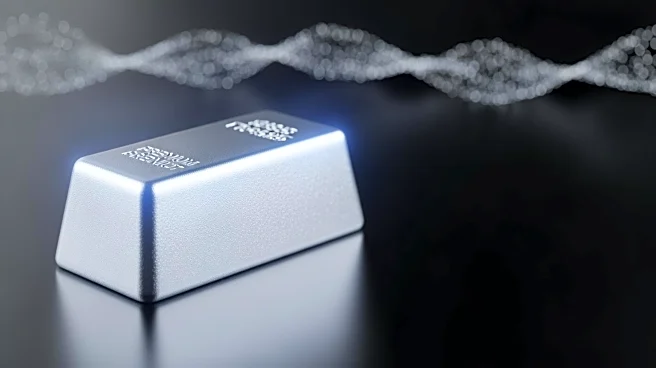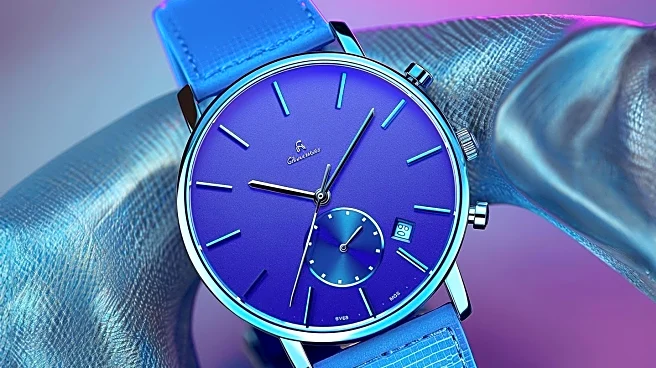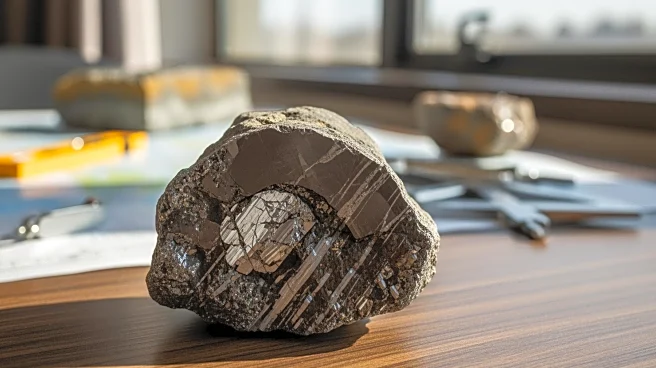What's Happening?
Researchers at National Taiwan University have developed a biodegradable, electroconductive self-healing hydrogel combined with acupuncture to treat Parkinson's disease. This innovative approach aims to restore motor function and protect brain neurons in Parkinson's disease models. The hydrogel, made from polyurethane nanoparticles coated with polydopamine, mimics brain tissue properties and can conduct electrical signals. In laboratory experiments, the hydrogel provided a nurturing environment for neural stem cells, encouraging their growth into healthy neurons and reducing inflammation.
AD
Why It's Important?
Parkinson's disease is a progressive neurological disorder with limited treatment options that primarily offer temporary relief. This new treatment approach could potentially slow disease progression and improve patients' quality of life. By combining biomaterials with traditional therapies like acupuncture, the research opens new possibilities for treating neurological diseases. The study highlights the potential of integrating modern science with traditional practices to develop more effective treatments for complex conditions.
What's Next?
Further research and clinical trials will be necessary to determine the efficacy and safety of this treatment in humans. If successful, this approach could lead to new therapeutic strategies for Parkinson's disease and other neurodegenerative disorders, potentially transforming patient care and outcomes.










